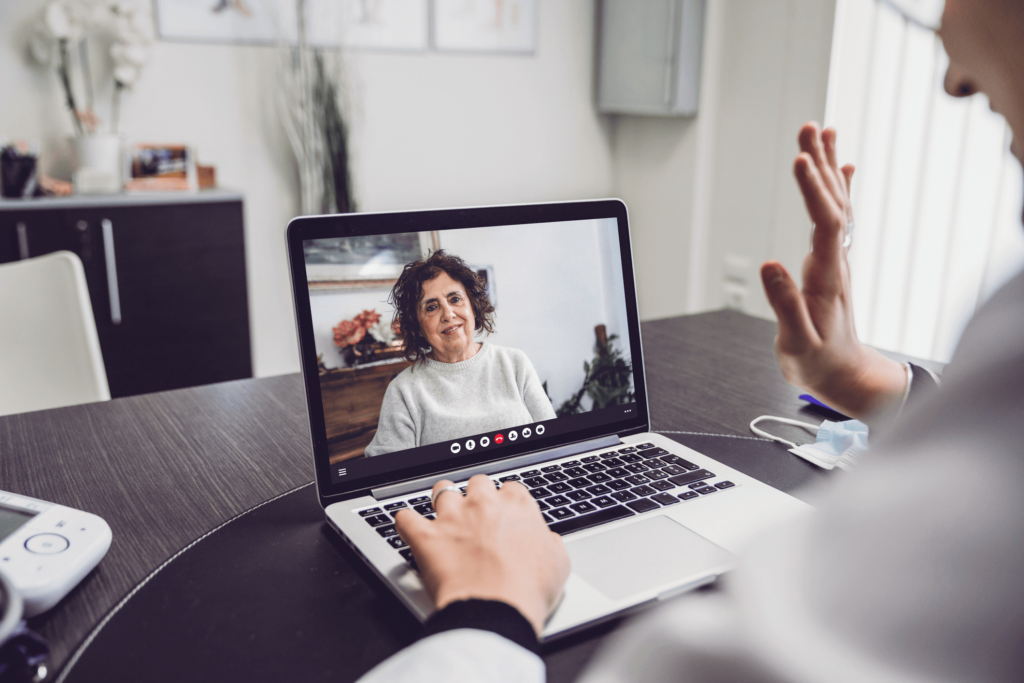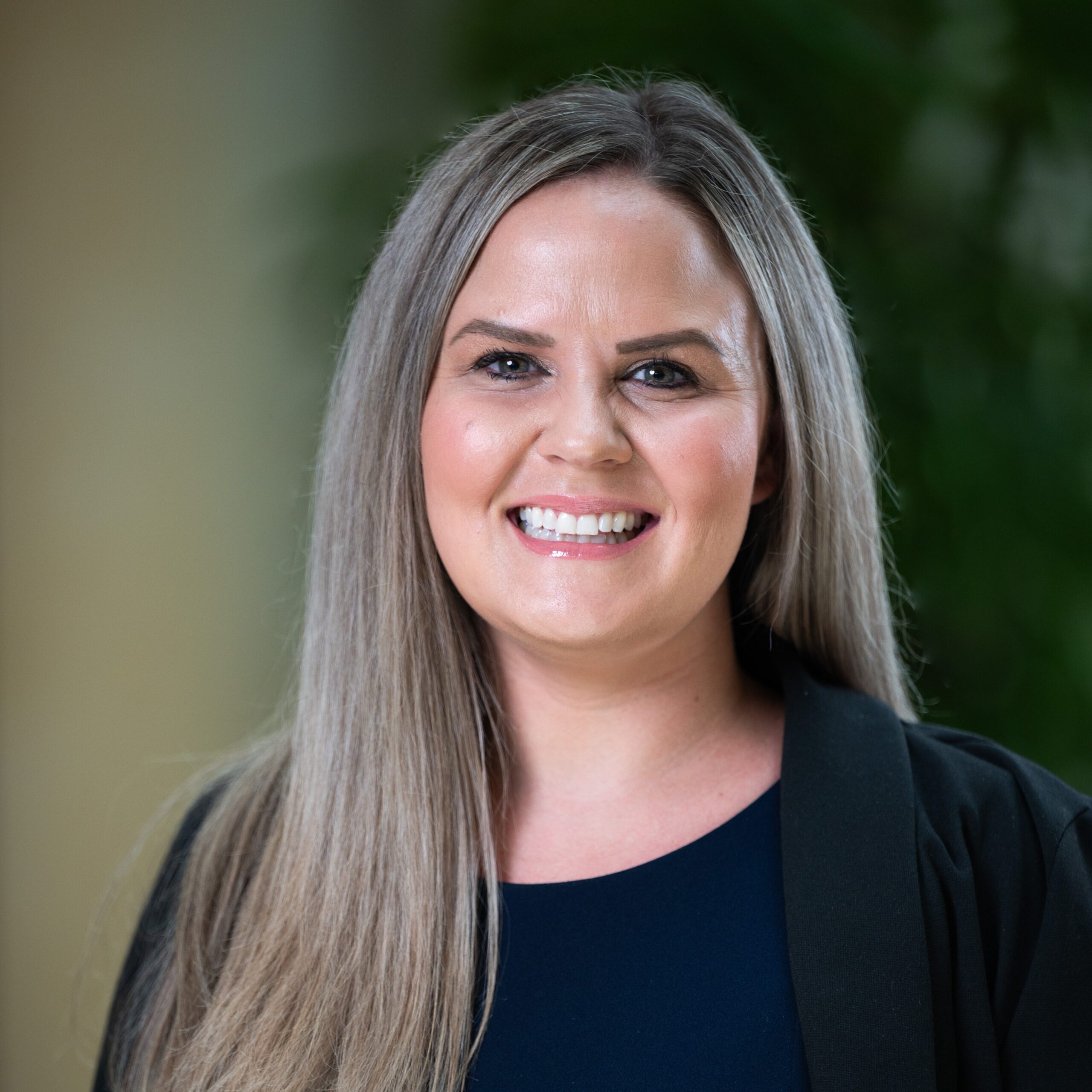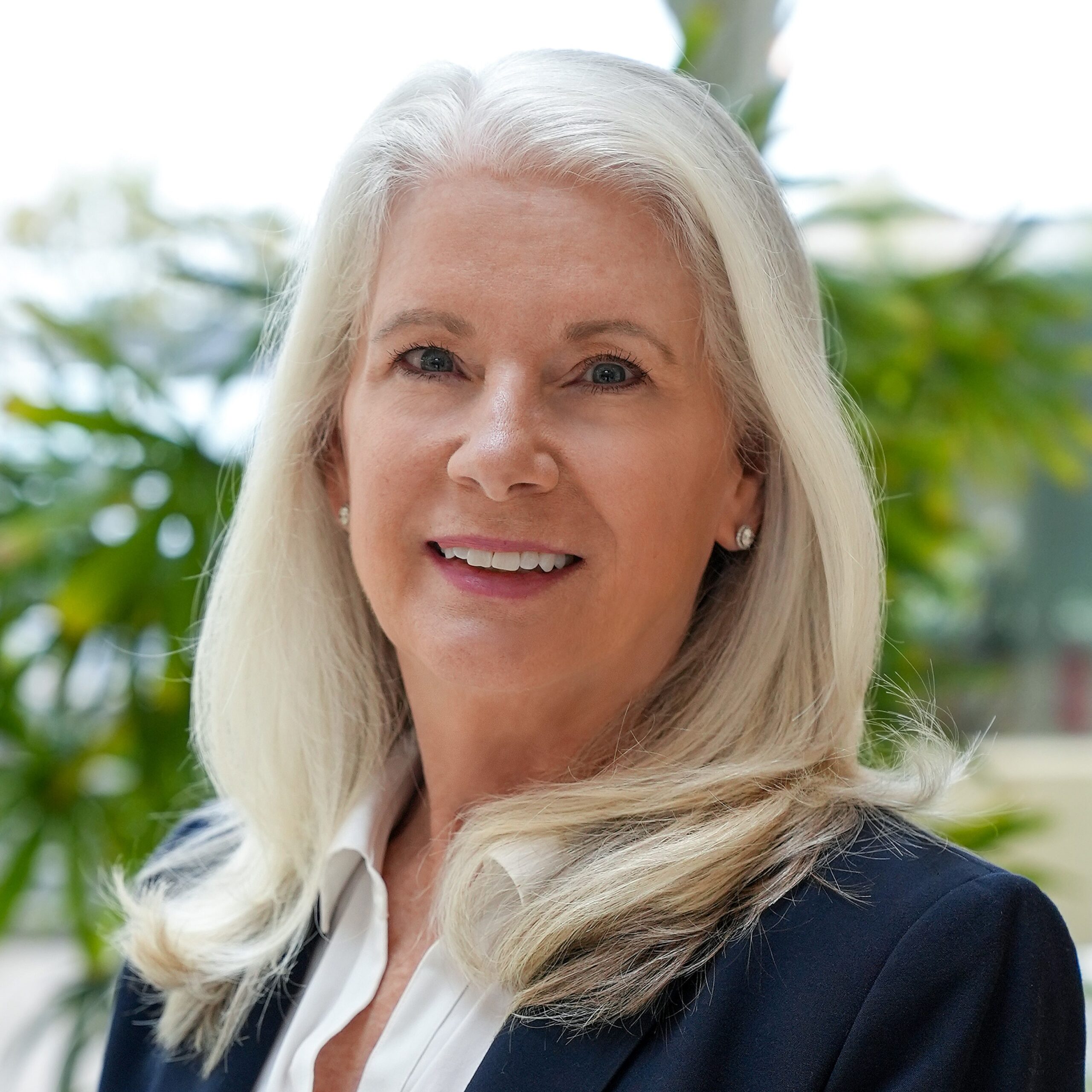Empowering all physicians and advanced practitioners to thrive in telehealth.

In the constantly evolving landscape of healthcare, the integration of telehealth has emerged as a transformative tool impacting how physicians and advanced practitioners deliver medical services. Telehealth allows healthcare professionals to expand access to care, enhance patient outcomes, and elevate how care is delivered. At Jackson and Coker, we are committed to empowering your journey into telehealth.
What you can expect:
- Efficiency and cost savings: Telehealth reduces the need for travel, leading to cost and time savings for both healthcare professionals and patients, while also optimizing the efficiency of healthcare delivery.
- Professional flexibility: Telehealth gives you the ability to see patients from the comfort of your home office, offering the flexibility to balance your professional commitments with personal interests.
- Growth: Telehealth opens doors to diverse medical experiences and patient demographics, expanding your expertise. This can enrich your career and strengthen your resume, highlighting your adaptability in healthcare delivery.
- Enhanced patient outcomes: Through telehealth, you can provide timely consultations and reduce patient wait times, leading to improved outcomes for all patients.
- Increased access to care: Telehealth allows you to serve patients in remote or underserved areas, ensuring that everyone has access to the care they need.
A partner in your telehealth locum tenens journey.
We’re driven by more than passion for healthcare; we’re dedicated to being your partner through the entire locums process. Our goal is to guide you in finding tailored telehealth locum tenens opportunities that enhance your autonomy and enrich your career.


